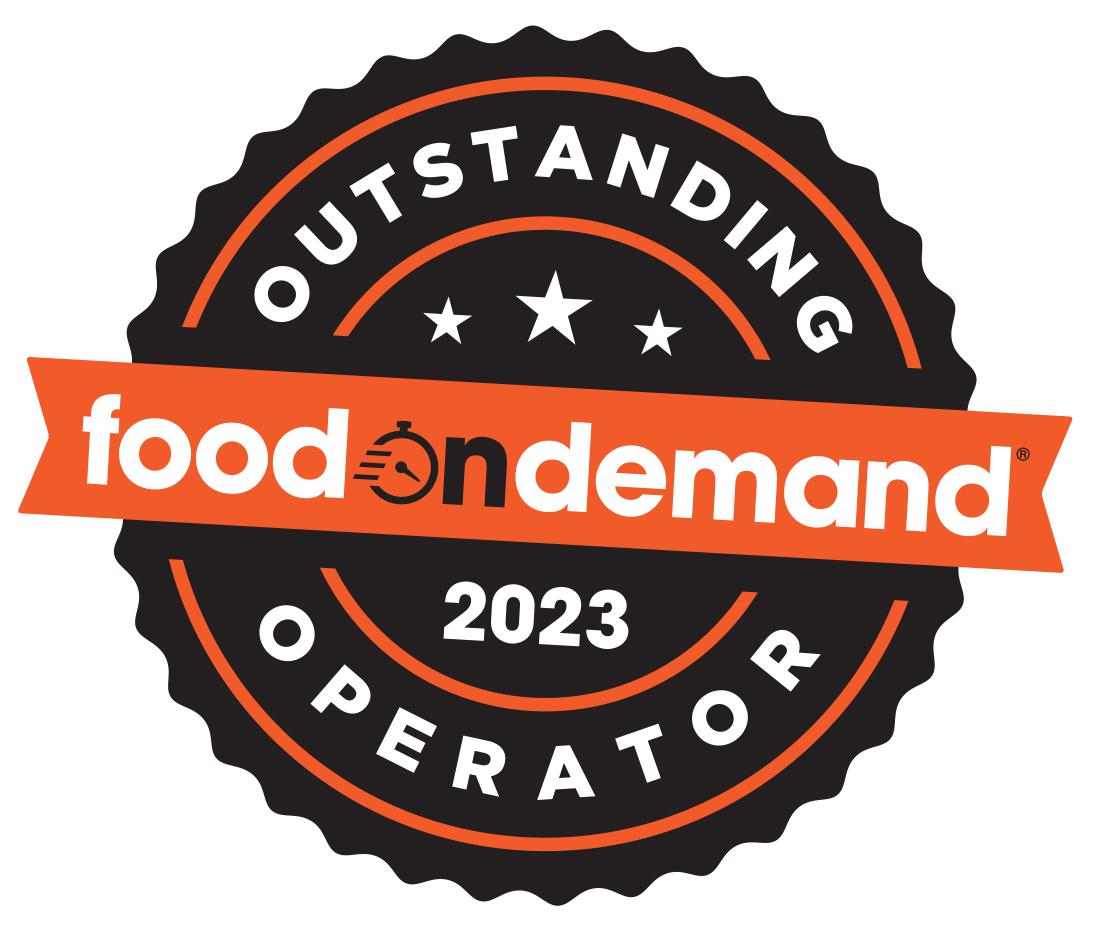There are a lot of players in the fast-growing delivery software integrator space, and almost all of them are growing quickly. California-based Omnivore is sprinting in lockstep, having tripled the size of the company in the last 12 months. It is forecasting another big wave of growth after partnering with one of its primary competitors and inking a big-deal partnership with Coca-Cola to provide delivery integration to the beverage giant’s massive network of restaurant operators.
Addressing Coke’s newfound interest in delivery, Omnivore Chief Marketing Officer Shane Wheatland likened the brand’s delivery outreach to those antique beverage coolers at gas stations back in the 1940s—just a more futuristic way of providing tangible assistance to its partners and help them unlock new profit centers.
Taking the analogy a step further, he reflected on his own career in foodservice, and how helping restaurants has gone from free insulated coolers and other tchotchkes to more appealing menu boards and drive-thru innovations like headsets years ago. The way he sees it, helping restaurants profit from delivery is the 21st-century equivalent.
It also helps that Wheatland is a former Coca-Cola employee, so he’s well versed on the global conglomerate’s strategy of offering diverse services to its clients. He estimates that Big Coke has 85 percent of the U.S. restaurant market, so the future benefits to Omnivore’s bottom line could be significant.
“Where it took drive-thru iteration nearly 20 years to come up with amazing innovation, you’re going to see that in just a few short years with third-party delivery,” Wheatland said. “It’s going to help all parties involved, and we’re seeing that play out with several of the players in the industry.”
Omnivore’s Menu Management System from Omnivore on Vimeo.
Small, restaurant-friendly changes like car-friendly cup sizes in the drive-thru space decades ago helped uncork huge sales and efficiency gains, he added, and delivery’s ongoing rise will inevitably lead to new ideas to make it “more profitable for everybody, and it’s not just going to be one sided.”
With Google’s anticipated “Order Now” button raising the profile of delivery sometime in the future, Wheatland added that products helping establish “one source of truth” for all digital menu pricing and availability reduces the amount of legwork needed behind the scene as delivery orders keep growing.
Billed as a way to stay unbiased as delivery and point-of-sale integration become more complicated, Omnivore has partnered with Ordermark, another California brand, to offer restaurants a more complete solution to fit their unique needs. The Holy Grail, according to Omnivore CEO Mike Wior is combining his company’s Universal API and digital Menu Management System with Ordermark’s back-of-the-house technology to meld the expertise of both brands.
In a world of free-flowing investor cash and ongoing consolidation, I asked Wheatland why the two companies didn’t just combine, instead of partnering. Staying separate, he said with a touch of marketing flair, is a way to give restaurants maximum flexibility without competing directly with other players.
“We really want to stay in a neutral, unbiased place to help restaurant brands vet out technologies better, test them out, deploy them faster and give themselves some sort of competitive edge,” he said. “If we were to own something like an Ordermark or build a product that competed directly with Ordermark, then we create this ecosystem where it’s just us and we’re not helping restaurants get the best in breed.”




